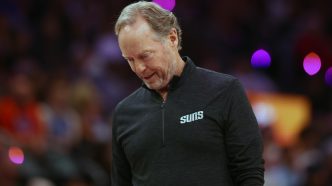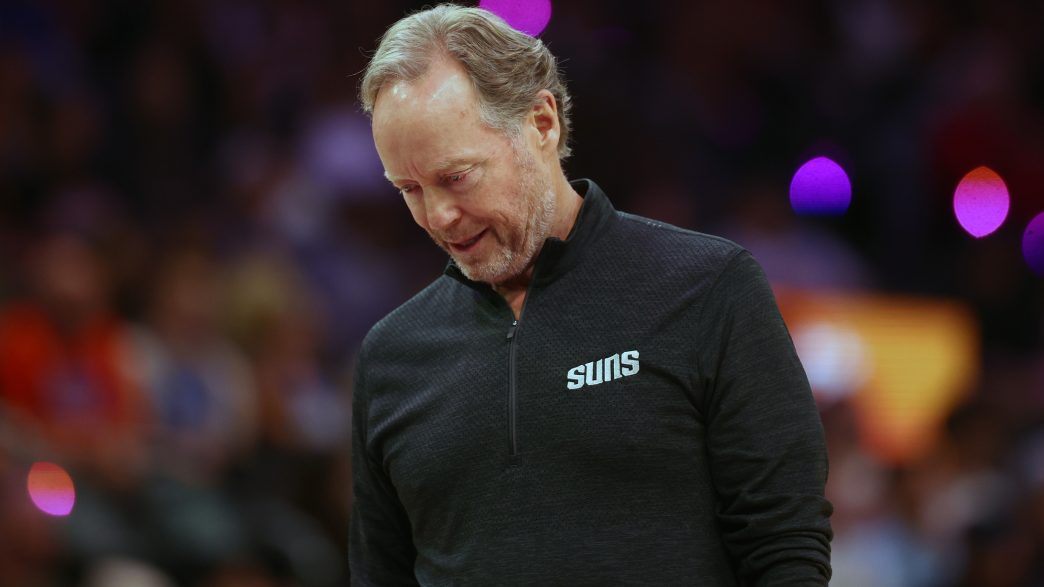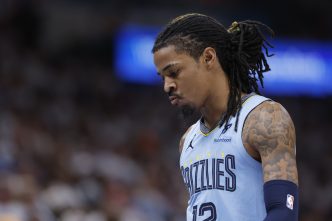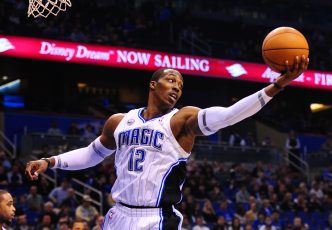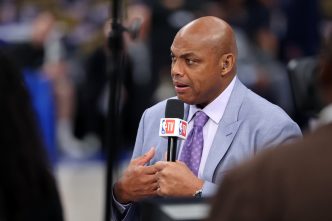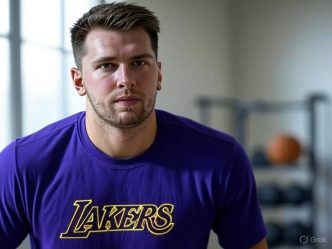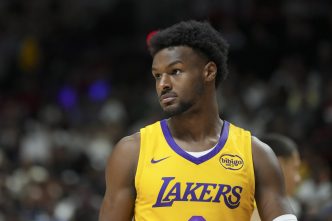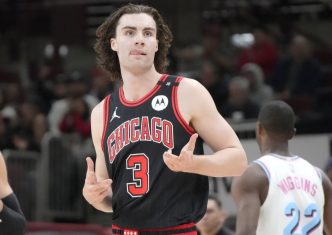In a move that sent shockwaves through the NBA community, the Phoenix Suns have officially parted ways with head coach Mike Budenholzer following a season that saw the team fail to make the playoffs despite boasting the league’s most expensive roster. This surprising decision, which comes less than a year after Budenholzer was brought on board with a five-year deal exceeding $50 million, reflects a significant shift in direction under Suns owner Mat Ishbia, who is not afraid to make bold changes—even at a steep cost.
The Suns’ disappointing 36-46 record, which placed them 11th in the Western Conference, has raised eyebrows, especially after a precarious late-season collapse that saw them lose nine of their final ten games. With $214 million in salaries and an eye-watering $152 million in luxury tax payments—both league highs—this roster was expected to contend, yet they missed the playoffs entirely.
Looking ahead, it’s unclear whether Budenholzer’s firing is just the first domino in a wave of changes for the Suns’ organization. While significant moves are anticipated, insiders indicate there won’t be immediate shifts in the front office, although the fate of president of basketball operations James Jones hangs in the balance as his contract is set to expire at the end of June. With Ishbia and CEO Josh Bartelstein taking increasingly prominent roles in trade discussions, the dynamics of the Suns’ hierarchy are certainly in flux.
Budenholzer’s underwhelming performance this season was compounded by internal strife within the locker room. His relationship with key players, particularly four-time All-Star Devin Booker, has been described as contentious, leading to doubts about whether the team could progress meaningfully under his leadership. As the Suns look to build around Booker and explore potential trades—most notably involving Kevin Durant—internal sources suggest that a fresh perspective was required.
Since taking charge in February 2023, Ishbia has made coaching changes every offseason, beginning with the dismissal of Monty Williams after a second-round playoff exit. Budenholzer’s trajectory within the franchise marks a rapid and unexpected decline; just over a year ago, he expressed palpable excitement about leading the Suns, a team he idolized as a child in Holbrook, Arizona. It’s ironic to see his tenure cut short after just 82 games, with a losing record for the first time in several seasons.
The challenges facing Budenholzer were multifaceted. He inherited a roster weighed down by its superstar-heavy construction, featuring not only Booker and Durant but also Bradley Beal. However, the team struggled defensively, finishing 27th in points allowed per possession and often looking overwhelmed against younger and more physical opponents. The inability to navigate a roster laden with flaws while remaining compliant with salary cap restrictions limited the team’s flexibility, culminating in negligible adjustments at the trade deadline.
Even attempts to pursue bigger moves—for example, chasing six-time All-Star Jimmy Butler—did not yield the desired results. Despite being able to explore trades involving Beal and discussing Durant with other franchises like the Warriors and Timberwolves, the front office’s hesitance left a mark on team morale. Players grew frustrated with Budenholzer’s tactics, which saw him experiment with an ever-changing rotation, including frequently switching starters. This lack of stability took a toll, with players unsure of their roles and responsibilities.
The psychological dynamics of the locker room also played a crucial part in this downfall. Budenholzer’s attempts at accountability early in the season fizzled as the team struggled to stay competitive. After a promising start where they won eight of their first nine games, the mood turned sour rapidly. As Booker put it, the Suns seemed to skip vital steps in establishing a winning culture, leading to a season Booker described as a “slow bleed out.”
Amid the challenges, moments of drama surfaced that added to the growing tension. For instance, Budenholzer’s communication style faced scrutiny; reports suggested he asked Booker to temper his vocal presence on the court—an instruction that shocked the young star. Additionally, an incident between Budenholzer and Durant during a timeout raised questions, though Durant himself characterized it as part of competitors’ dynamics rather than a separate incident.
As the season wore on and losses compounded, Budenholzer’s demeanor grew increasingly disconnected. The emotional resonance he displayed at his introductory press conference seemed to fade, leading to short pregame sessions and uninspired postgame remarks, much to the chagrin of fans and players alike. Booker notably highlighted the team’s tendency to gloss over crucial details, epitomizing what went wrong this season.
In the end, the Suns’ decision to move on from Budenholzer symbolizes a desire to reset and redefine their trajectory. As the franchise looks to regroup and find a path forward, they must confront the realities of a disappointing season and align themselves with a vision that can recapture the hearts—and hopes—of Suns fans. The quest for a new head coach is now on, and the choices made in the coming weeks could prove pivotal for the Suns as they strive to reclaim their place among the NBA’s elite.

